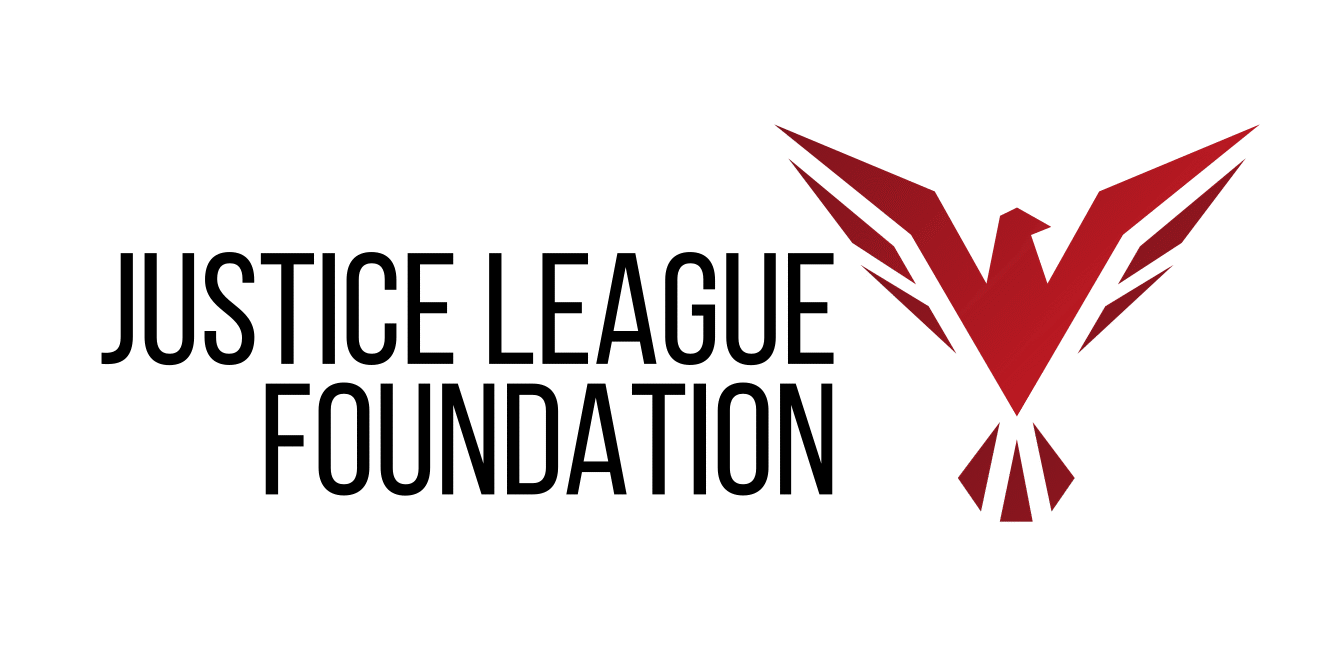Upholding Human Rights in India
Introduction
Human rights are not privileges bestowed by the State; they are inherent to every individual, by virtue of being human.
They transcend caste, creed, gender, religion, and social status.
In India, a country of diverse cultures and countless voices, the promise of human rights holds the power to unite and empower its citizens. But as we celebrate the progress made, we must also acknowledge the road that lies ahead.
The Constitutional Foundation of Human Rights in India
India’s commitment to human rights is deeply rooted in its Constitution, which guarantees Fundamental Rights under Articles 12 to 35.
These include the Right to Equality, Right to Freedom, Right against Exploitation, Right to Freedom of Religion, Cultural and Educational Rights, and the Right to Constitutional Remedies.
Moreover, India is a signatory to several international human rights treaties, including the Universal Declaration of Human Rights (UDHR), the International Covenant on Civil and Political Rights (ICCPR), and the Convention on the Rights of the Child (CRC), among others.
The Reality on the Ground
While the legal framework is robust, the practical reality paints a more complex picture. Across India, marginalized communities: such as women, children, tribal populations, Dalits, religious minorities and persons with disabilities, continue to face systemic discrimination and violence.
- Gender-based violence, workplace harassment, and wage inequality remain pressing issues despite progressive laws.
- Child rights violations, such as child labour, trafficking, and denial of education, continue to plague vulnerable populations.
- Religious intolerance and caste-based discrimination occasionally undermine India’s pluralistic ethos.
- Human trafficking, bonded labour, and forced displacement further erode the dignity of countless citizens.
Recent Developments: Progress and Challenges
India has made strides in recent years through legislative reforms and judicial activism:
- The Protection of Children from Sexual Offences (POCSO) Act, the Mental Healthcare Act, 2017 reflects evolving human rights priorities.
- Landmark judgments, Vishaka v. State of Rajasthan (laying down guidelines against workplace harassment) have reinforced constitutional guarantees.
Yet, challenges persist:
- Custodial torture, extrajudicial killings, and police brutality continue to demand urgent reforms in law enforcement.
- Freedom of speech and expression faces increasing scrutiny, impacting journalists, activists, and students.
- The gap between urban and rural human rights awareness remains vast.
The Role of NGOs and Civil Society
This is where NGOs step in—as the voice for the voiceless.
NGOs play a critical role in:
- Raising awareness through education and advocacy.
- Offering legal aid and support services to victims.
- Policy lobbying to ensure that governments uphold international human rights commitments.
- Capacity building in vulnerable communities to empower them to claim their rights.
Your voice matters.
Each step—whether a campaign, a petition, a workshop, or simply standing beside someone facing injustice—creates ripples of change.
What Can We Do as Citizens?
- Educate Yourself and Others: Awareness is the first step toward action.
- Speak Up Against Injustice: Silence enables oppression.
- Support NGOs and Grassroots Movements: Volunteer, donate, or collaborate.
- Hold Institutions Accountable: Demand transparency and justice.
- Respect Differences: Embrace diversity in all its forms.
Conclusion
India’s journey toward universal human rights is far from over. But every stride forward, every barrier broken, and every life uplifted takes us closer to the India envisioned in our Constitution—an India where dignity, freedom, and justice are not ideals confined to paper but realities lived by all.
At Aaroha Foundation, we believe in the power of collective action.
Together, let us build a society where no voice is unheard, no dignity is denied, and no right is out of reach.
